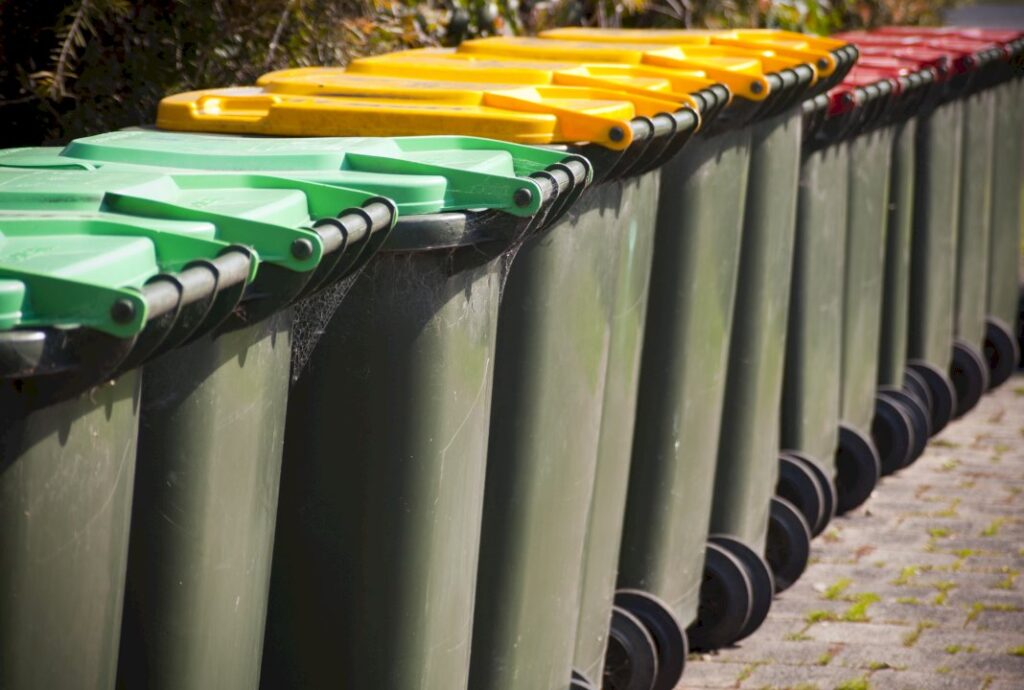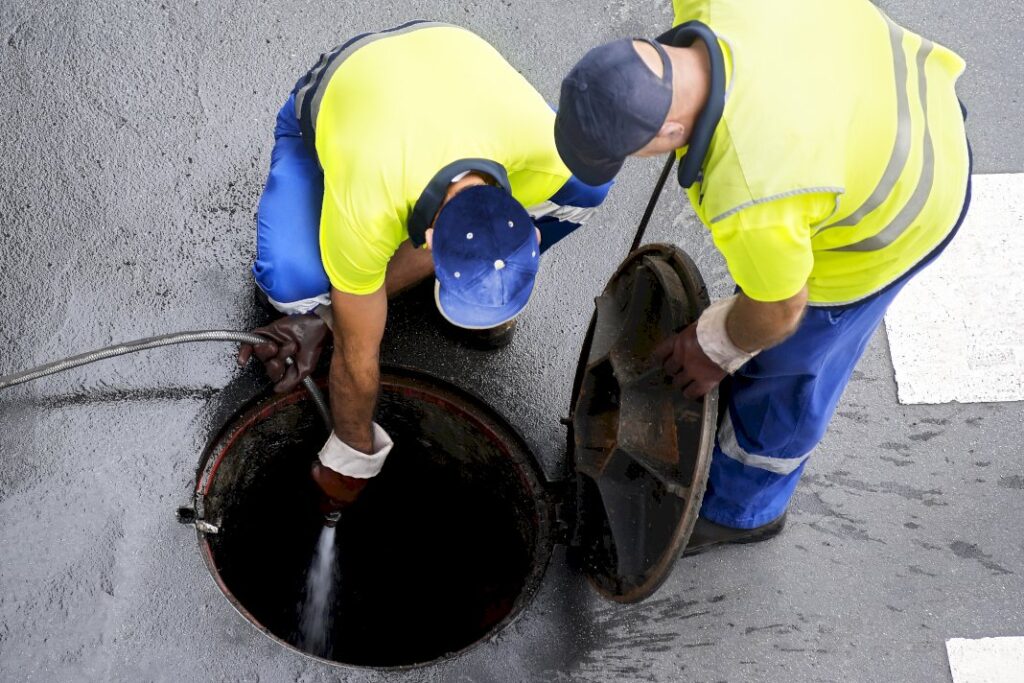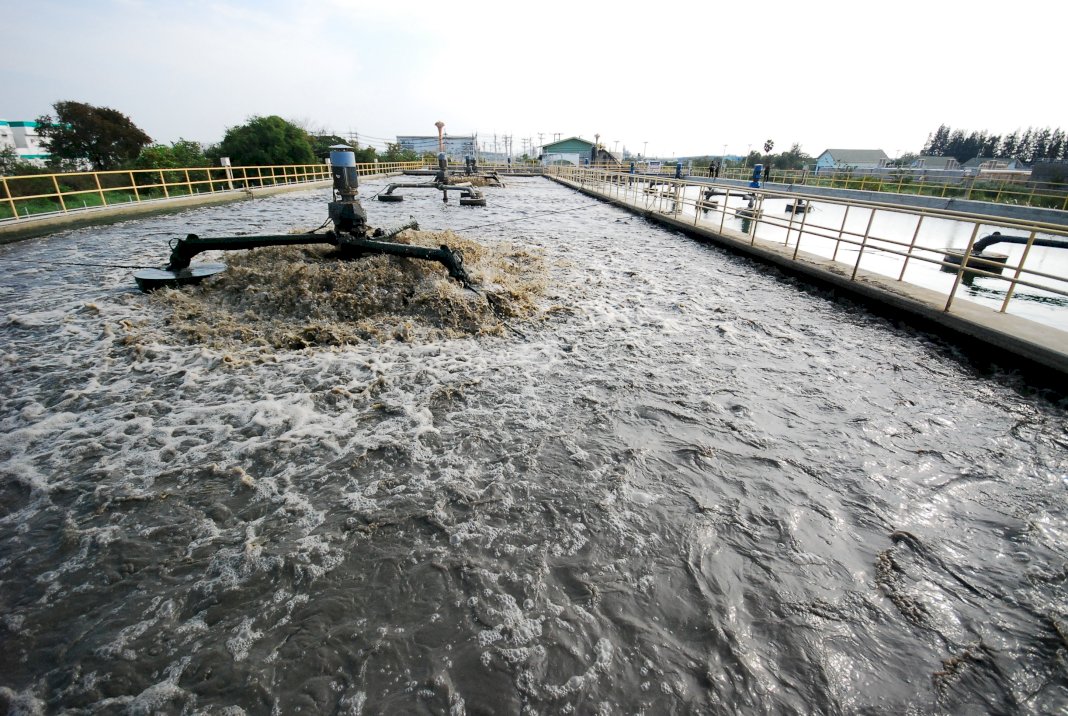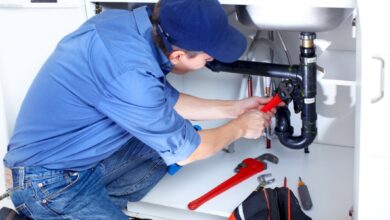Businesses of all sizes need to have an active waste management system in place. This helps them reduce their environmental impact and manage their resources more effectively. However, many business owners are unaware of the steps they need to take to create an effective waste management system. This article will discuss creating an active waste management plan for your business.
1. Identify Sources of Waste
The first step in creating an active waste management plan is to identify sources of waste in your business premises. Common sources include office equipment, building materials, paper products, beverage containers, plastics, and metals. Note each source and the amount generated to determine the proper disposal options later. In addition to materials used in production, consider any chemicals or hazardous materials that need to be managed safely.
2. Establish Policies and Procedures
Once you’ve identified potential sources of waste, the next step is to establish policies and procedures for managing them. Depending on the size of your business, consider setting up a recycling program that will separate different types of materials for reuse or disposal in an environmentally friendly way.
You should also develop guidelines on how staff can avoid generating waste in the first place. This includes setting up systems to prevent over-ordering materials and strategies for minimizing the amount of packaging used when sending or receiving products. Additionally, you should create a plan for tracking waste and identifying areas where you can improve to reduce it further.
3. Invest in Waste Management Equipment

Investing in the proper waste management equipment can significantly reduce your company’s waste production. This is because it can help to streamline the process of sorting and disposing of materials, making it easier for staff to do their jobs efficiently.
Here is the valuable waste equipment you should invest in:
Bins and Containers
Bins and containers are essential for any business’s waste management system, as they make it easy to separate waste materials into different categories. Whether you need general waste bins, hazardous material containers, or recycling bins, these come in various shapes and sizes to suit your needs. Investing in the right bin type can help keep your facility organized and encourage staff to dispose of their rubbish correctly.
Separators
Separators are used to separate different types of waste streams at source – typically organic or food waste and general refuse – allowing recyclable materials such as cardboard boxes and plastic bags to be separated and collected separately. By investing in a separator, you will be able to reduce the amount of waste sent to landfill, as well as increase the value of recyclable materials.
Compactors
Compactors can help reduce the volume of bulky items like cardboard boxes and plastic bottles that are typically difficult to manage. They work by crushing these items into smaller pieces, making them easier to transport and store. This reduces your carbon footprint and saves money on transportation costs for disposing of larger volumes of waste.
Balers
Balers are vital equipment to ensure that all recyclable materials are recovered securely. Balers compress paper, cardboard, and other materials into large bales, which can then be sent for recycling. This helps ensure you make the most of materials and reduce waste output. Investing in a baler ensures that all recyclable materials are handled correctly and efficiently.
4. Clean Your Sewage System Regularly

Cleaning your sewage system regularly is essential for maintaining an efficient waste management system. This involves checking pipes, drains, and sewers to ensure they function correctly and removing blockages. Regular maintenance will also help prevent water pollution by reducing the number of hazardous chemicals that enter the environment.
To ensure a thorough cleanup, you should have professional sewage cleanup done regularly to keep your system functioning optimally. Professional services will help ensure that your systems are free of hazardous chemicals, keeping your environment safe and clean.
5. Educate Your Staff
Finally, educating your staff about the importance of reducing, reusing, and recycling materials can help them become more aware of their environmental impact and encourage them to create a sustainable workplace culture. Consider providing regular training sessions or workshops on this topic so that they understand why it is important for businesses to be proactive in managing their waste.
You can also create a rewards system for staff members who actively participate in waste reduction and recycling initiatives. Additionally, consider implementing a green team within your organization. This team should be responsible for setting goals and objectives around sustainability and waste management, raising awareness among staff members, and identifying new ways to reduce, reuse, and recycle materials.
Final Words
Creating an active waste management plan for your business is essential if you want to reduce its environmental impact and save on resources. By following the steps outlined above, you can create a system that will help you manage your waste more effectively and sustainably.
For more valuable information visit this website.





